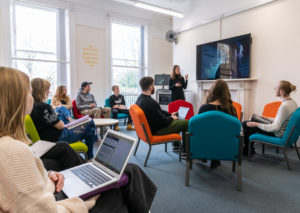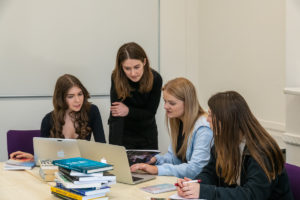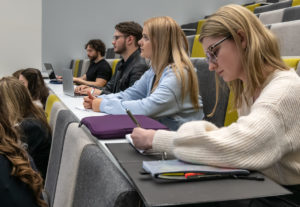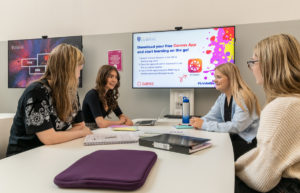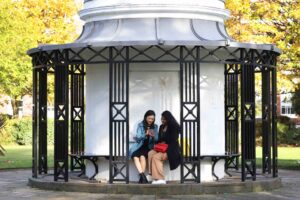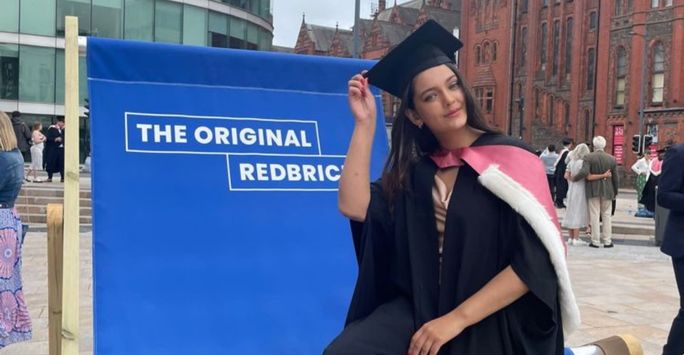About this course
This four-year programme combines our three-year Communication and Media programme with the opportunity to take a salaried placement of approximately 40 weeks with a relevant employer in your third year. Your placement will allow you to apply your learning in the workplace, as well as preparing you for your future career.
Introduction
The world we live in is dominated by media in many forms. From entertainment and culture, through news and social media, to politics and promotion: the media shapes our understanding of what we know and what we consume. Whether you want to work in one of these areas, to research their impact or simply to understand more about our relationship with media, this programme provides a thorough introduction with plenty of opportunities to develop specialist skills.
During your first year, you will develop your foundational understanding and academic skills through core modules in media, communication and language. As your degree progresses, you will have the opportunity to tailor your studies through a wide range of optional modules in topics such as political communication, screen media, virtual worlds, digital cultures, media writing, language and public relations. These modules will allow you to pursue your own interests and focus on particular media and communication forms, analysing how they are organised as text, how they represent the world to us and ourselves to the world, and how the media industries are organised to produce and profit from them. We teach all of our students to acquire strong research skills, and you’ll be given the opportunity to practice them through independent or collaborative research.
Year in industry
This programme is available with an optional year in industry. If you choose this option, year three is spent on a paid placement within an organisation in industry, broadly defined. You will be supported by the School of the Arts and the Department throughout, and your reflexive written account of the experience will contribute towards your final degree result. If you wish to study this programme with a year in industry, please put the option code ‘YI’ in the ‘further choices’ section of your UCAS application form.
Your third year will be spent on a paid placement within an organisation in the media industry, broadly defined. You will be supported by the Department and the School of the Arts throughout, and your reflexive written account of the experience will contribute towards your final degree result.
Our final year module ‘Viral Video’ enables students to develop practical skills in videomaking. Check out their efforts on our dedicated YouTube page, or search ‘Media/Pool’.


